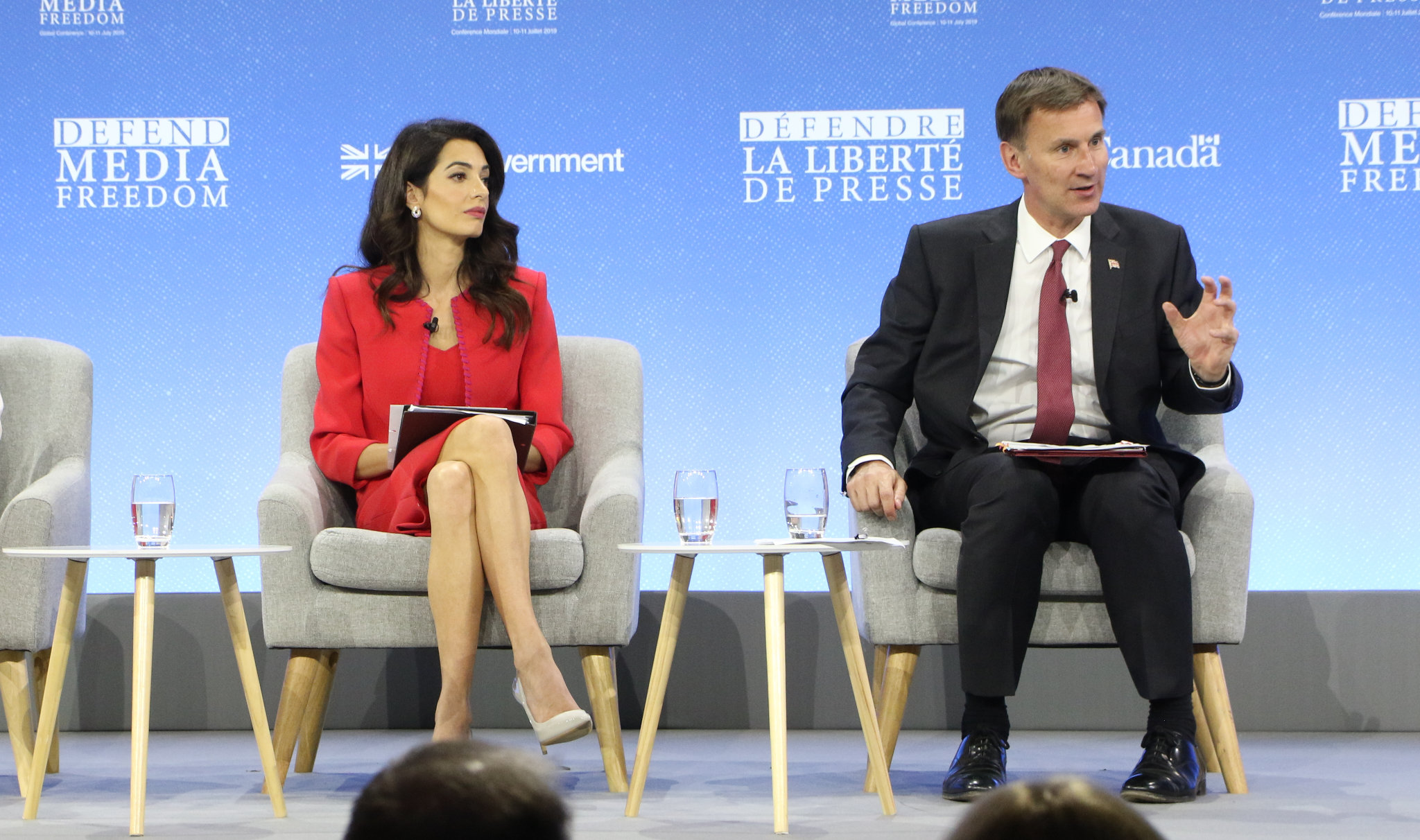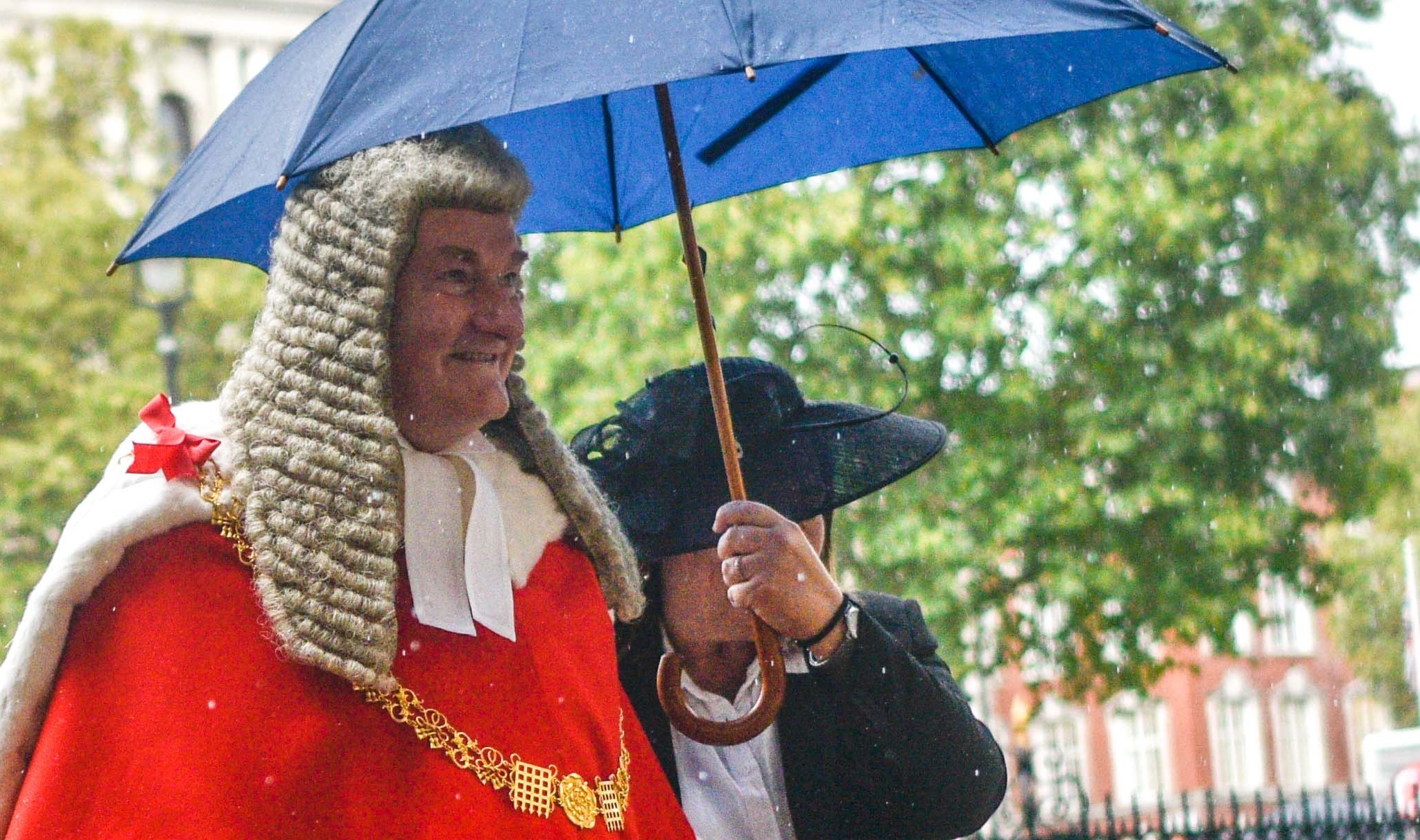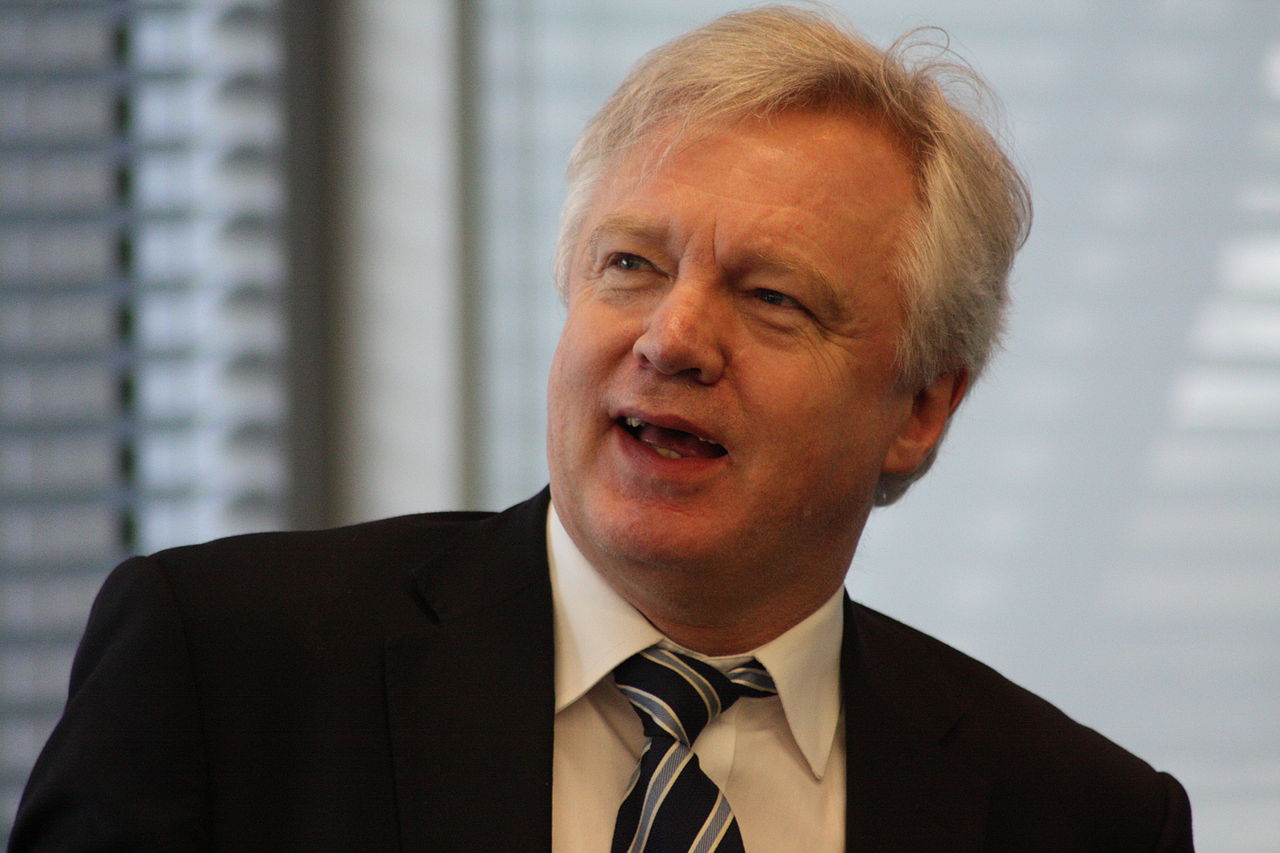The UK’s treatment of Julian Assange posed a public relations problem for the Foreign Office’s media freedom campaign, files seen by Declassified UK show.
In July 2019, the UK co-hosted a Global Conference for Media Freedom, a first-of-its-kind event where 50 countries gathered to form a Media Freedom Coalition.
Costing £2.4 million, the event was hailed as “a major milestone” in the UK government’s “campaign to protect journalists doing their job”.
The conference was held just months after WikiLeaks editor Julian Assange was dragged out of the Ecuadorian embassy in London.
He was transferred to Belmarsh prison, “the closest comparison in the United Kingdom to Guantánamo”, as a UK parliamentary report has described it.
Addressing the media conference, then foreign secretary Jeremy Hunt declared: “If we act together, we can shine a spotlight on abuses and impose a diplomatic price on those who would harm journalists or lock them up for doing their jobs”.
‘We should be ready’
The hosting of a media freedom event within miles of Belmarsh prison in southeast London was seen as a public relations problem. Internal Foreign Office emails show UK officials monitored online behaviour accordingly.
After Hunt announced plans for the conference in February 2019, one official complained about “a few individual crazy responses to the FS’ [Foreign Secretary’s] tweet”.
By June, officials were requesting “Lines to Take on how best to respond to questions we expect to be raised on this occasion about the UK handling of the case of Julian Assange”.
In particular, “Icelandic criticism of UK handling of [the] Assange case” was seen to be “affecting messaging on media freedom”.
This email was likely related to former Icelandic Interior Minister Ögmundur Jónasson, who had asserted in June that the Assange case put “the British justice system…on trial”.
“Our current approach is right and we shouldn’t engage”.
On 8 July, two days before the conference began, an unnamed official wrote about “a ramp up in activity by Assange campaigners”.
One cause for concern was Assange’s mother Christine, who had “joined calls for a tweetstorm during the conference”, as well as “accounts [which] are small scale or are run by active trolls and provocateurs”.
The official outlined rules for engagement, noting “our current approach is right and we shouldn’t engage…However, we should be ready. I’m keen that we agree ahead of time how and when our approach would evolve”.
In an email with the subject line “Media Freedom Conference – online register of interest form”, one official even questioned: “what if someone like Assange applied to attend?”
The Foreign Office emails discussing Assange remain heavily redacted for reasons of “national security”.
‘No communications strategy can make this go away’
According to a recent academic study, Julian Assange “was by far the most frequently discussed individual on Twitter” with regards to the Media Freedom Coalition.
“Numerous tweets highlighted the apparent irony that the UK was establishing and leading an international initiative on media freedom, while simultaneously undermining free media…in their handling of Assange”, the researchers found.
Since 2019, the UK has nonetheless continued to use the Global Conference for Media Freedom as a vehicle through which to claim it supports press freedom.
Rebecca Vincent, the Director of International Campaigns for Reporters Without Borders (RSF), commented:
“It is disappointing that rather than looking to address the very serious substantive concerns about the case of Julian Assange, the UK Foreign Office seems to have treated the matter as only a public relations inconvenience as it prepared to host the Global Media Freedom Conference and launch the Media Freedom Coalition.
“But the truth is that no communications strategy can make this go away. As long as Assange remains detained in the UK and as long as the US continues to seek his extradition and prosecution for publishing information in the public interest, this case will serve as a thorn in the sides of both governments and the Media Freedom Coalition itself.”
She added: “They should instead lead by example by dropping the charges, releasing Assange, and putting an end to his persecution once and for all”.




